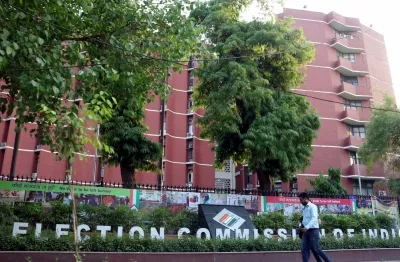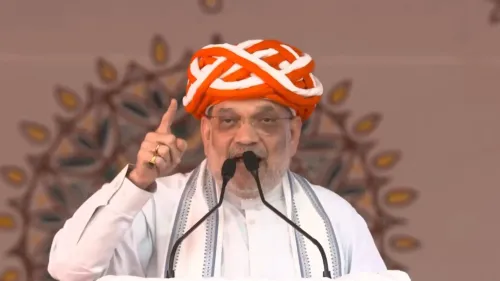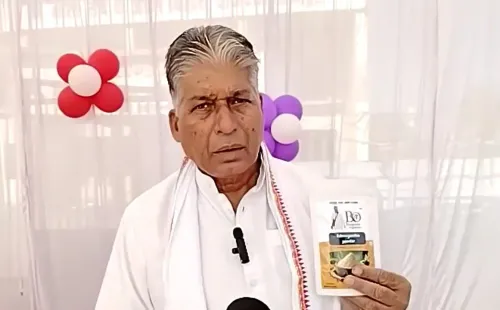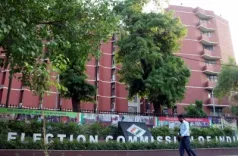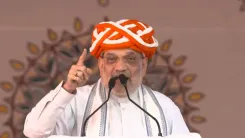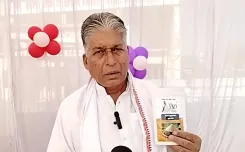How Are Advanced Therapies and Technology Tackling the Rare Disease Burden in India?

Synopsis
Key Takeaways
- Advanced therapies are crucial for rare disease care.
- Approximately 90 million people in India are affected by rare diseases.
- Collaboration is essential for equitable treatment.
- Early diagnosis can significantly improve patient outcomes.
- Government initiatives aim to enhance access and affordability.
New Delhi, Aug 20 (NationPress) Advanced therapies and technology are essential for addressing the burden of rare diseases in India, according to government health officials on Wednesday.
Representatives from the Central Drugs Standard Control Organisation (CDSCO), part of the Ministry of Health, along with NITI Aayog, emphasized this approach during the National Conference on Rare Diseases, hosted by the business organization FICCI.
Approximately 7,000 rare diseases are recognized, potentially impacting nearly 90 million individuals in India.
"From early diagnosis to sophisticated therapies such as cell and enzyme treatments, we must establish strong regulatory frameworks and employ technology to ensure comprehensive access throughout the country," stated Dr. Vinod K. Paul, Member Health at NITI Aayog.
Rajeev Singh Raghuvanshi, the Drugs Controller General of CDSCO, remarked, "Advanced therapies are pivotal in revolutionizing care for rare diseases."
The official underscored the significant potential of advanced therapies to enhance India's rare disease landscape and elevate patient outcomes.
He affirmed that the CDSCO is dedicated to facilitating safe, timely access as these innovations are integrated into India’s public healthcare system, in alignment with the National Policy for Rare Diseases (NPRD).
Officials also highlighted the necessity for a united effort to expedite diagnosis, ensure fair treatment, and enhance the quality of life for individuals confronting rare diseases.
Amit Agrawal, Secretary of Pharmaceuticals in the Ministry of Chemicals & Fertilisers, stressed that addressing rare diseases should be viewed as not just a medical issue, but a moral obligation.
The discussions centered on increasing access, awareness, and affordability to tackle the rare disease burden.
Experts discussed the high costs of treatments, limited access to therapies, and fragmented care pathways that hinder rare disease patients, especially children.
“India needs to concentrate on nationwide health outcomes, with affordable access as a priority. We are utilizing Jan Aushadhi to bridge cost disparities and fostering Make in India innovations to enhance care for rare diseases," stated Paul.
The specialists called for bolstering Centres of Excellence for rare diseases through a hub-and-spoke model, supported by centralized patient registries and digital tools.
"Early diagnosis is vital—not just for treatment but for understanding these conditions. Focused research is necessary for effectively identifying and managing rare diseases," said Madhulika Kabra, Emeritus Scientist at ICMR.
Prof. Sheffali Gulati from AIIMS Child Neurology Department advocated for increased government initiatives and public-private partnerships via Centres of Excellence, which must guarantee proper management of medications and therapies for effective care of rare diseases.
The conference gathered policymakers and healthcare leaders to explore avenues for enhancing rare care.


